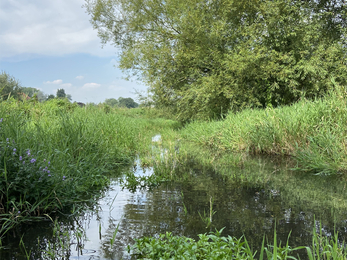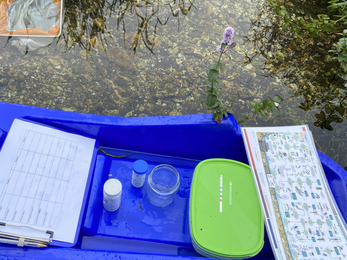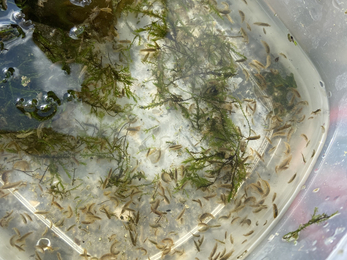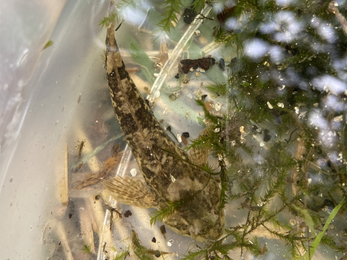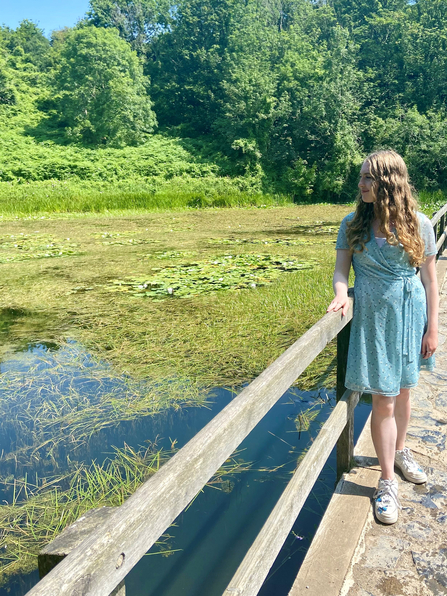
Nicole Richards
I have been lucky enough to be close to water my entire life. I spent the first six years of my life on the coast of Scotland, and have spent the last 11 living in St Mary Bourne near the Bourne Rivulet and the Upper Test. I spent a lot of my childhood paddling in the streams with my dog and collecting freshwater snails to keep as pets. I became more interested in the environment as I grew older, and am currently taking A-Levels in Biology, Chemistry and Environmental Science in order to study it in depth.
My courses give me the chance to try fieldwork such as biodiversity sampling, river sampling and air monitoring, but also to explore a topic that truly fascinates me: environmental pollution and its preventative methods. When I was living in Scotland, I would observe the effects of oil spills from the North Sea at my local beach. Now I am surrounded by world-renowned chalk streams, most of which are under some sort of threat. I chose to focus on these streams for my Extended Project Qualification; this is research which I am completing in addition to my A-Levels.


